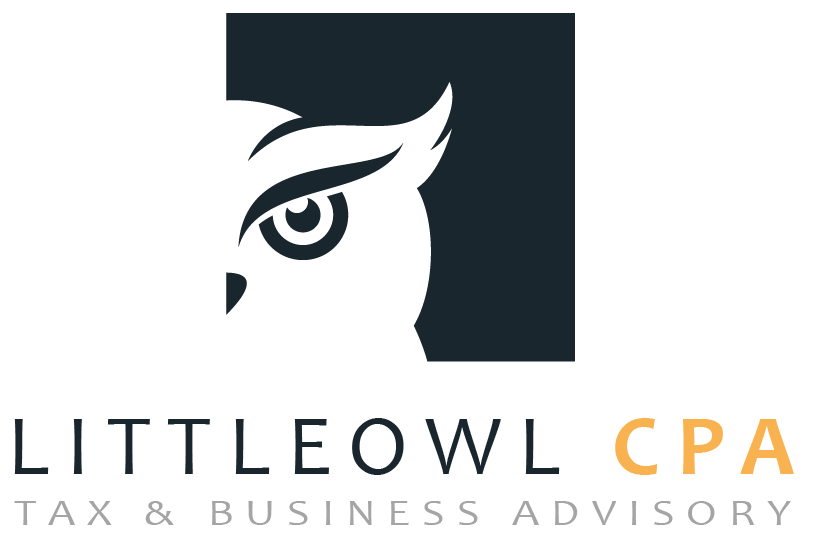Trusts are versatile legal instruments that can play a crucial role in estate planning, asset protection, and wealth management. Understanding the basics of trusts is essential for individuals and families seeking to preserve and manage their assets efficiently. In this tax guide, we will explore the fundamentals of trusts, their various types, benefits, and practical uses. Whether you’re new to trusts or seeking to expand your knowledge, this guide will provide you with essential information to make informed decisions.
What is a Trust?
A trust is a legal arrangement that allows a person, known as the settlor or grantor, to transfer assets to a trustee for the benefit of one or more beneficiaries. The trustee is responsible for managing the assets according to the terms and instructions outlined in the trust document. Trusts are established to provide long-term asset management, protect assets, facilitate estate planning, and ensure the fulfillment of specific objectives.
Types of Trusts
Trusts come in various forms, each serving different purposes. Here are some common types of trusts:
- Revocable Living Trust: This trust is created during the settlor’s lifetime and can be modified or revoked. It allows assets to be managed by the trustee during the settlor’s lifetime and facilitates the seamless transfer of assets upon the settlor’s death, avoiding probate.
- Irrevocable Trust: Once established, an irrevocable trust cannot be easily modified or revoked without the consent of the beneficiaries. It offers greater asset protection and may have tax advantages.
- Testamentary Trust: Created through a person’s will, a testamentary trust comes into effect upon the individual’s death. It allows for the distribution and management of assets according to the terms specified in the will.
- Special Needs Trust: This trust is designed to provide for the financial needs of individuals with disabilities without affecting their eligibility for government benefits. It helps preserve assets and ensures they are used to enhance the beneficiary’s quality of life.
- Charitable Trust: Charitable trusts are established to support charitable organizations or causes. They provide tax benefits to the settlor and can be structured to provide income to beneficiaries during their lifetime.
Benefits and Uses of Trusts
Trusts offer numerous benefits and can be utilized in various ways:
- Estate Planning: Trusts are widely used for estate planning purposes, allowing individuals to control the distribution of assets, minimize estate taxes, and provide for the financial needs of beneficiaries.
- Asset Protection: Certain types of trusts, such as irrevocable trusts, can provide asset protection by separating assets from personal ownership and shielding them from creditors and legal claims.
- Privacy: Unlike wills, trusts are private documents and do not go through the public probate process, offering increased privacy for the settlor and beneficiaries.
- Continuity of Asset Management: Trusts provide a mechanism for seamless asset management, ensuring continuity and professional oversight even in the event of the settlor’s incapacity or death.
- Special Circumstances: Trusts can address specific situations, such as providing for minor children, managing assets for individuals with disabilities, or protecting assets for blended families.
- Charitable Giving: Charitable trusts enable individuals to support charitable causes while potentially receiving tax benefits. These trusts allow assets to be set aside for charitable purposes while providing income or other benefits to beneficiaries.
Maximizing the Advantages of Trusts
To make the most of your trust, consider the following strategies:
- Trustee Selection: Choose a trustee who is competent, trustworthy, and capable of fulfilling their fiduciary duties.
- Regular Review and Updating: Review your trust periodically to ensure it aligns with your current circumstances, goals, and changes in laws or regulations.
- Proper Asset Funding: Continuously monitor and update the funding of your trust to ensure that all relevant assets are properly titled in the name of the trust.
- Professional Guidance: Seek advice from experienced estate planning attorneys, financial advisors and tax advisors who specialize in trusts to optimize their benefits and navigate complex legal and financial matters.
If you have questions about how this topic will impact you, Team LittleOwl CPA is here to help. Schedule a discovery call today!

About Tabitha Regan
Tabitha Regan is the Founder and CEO of LittleOwl CPA. She is a Certified Public Accountant, Certified Financial Planner™ and Personal Financial Specialist. In her 16+ year career span, she has developed an expertise in the specific needs of small businesses and busy professionals with accounting, tax and advisory services.


